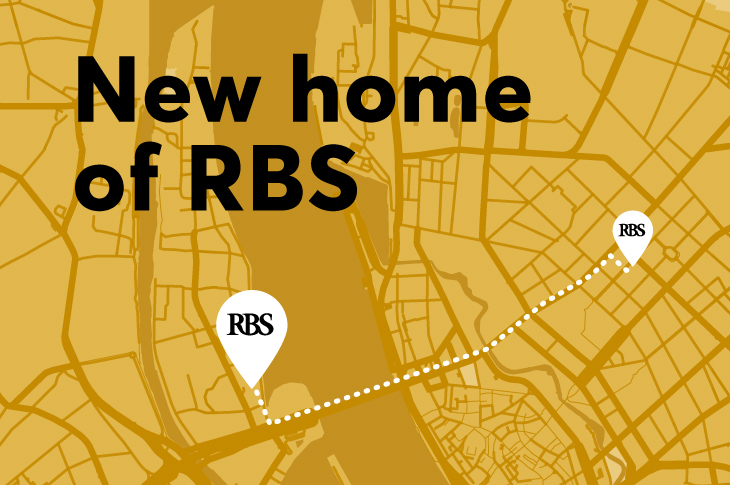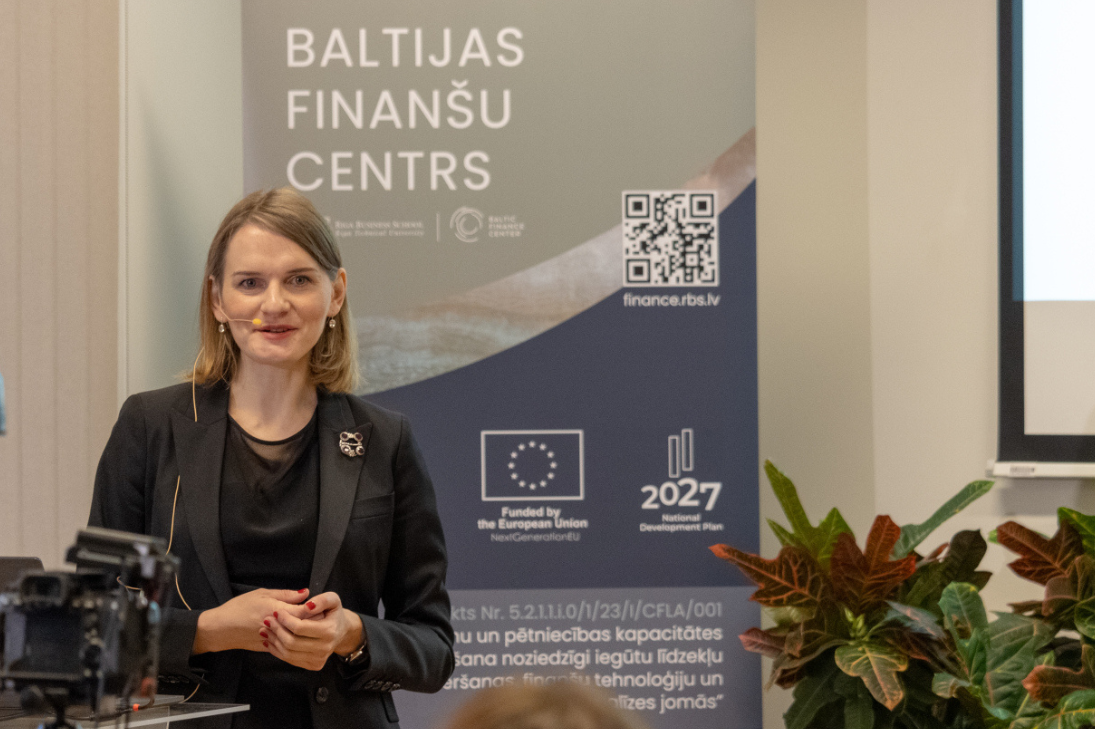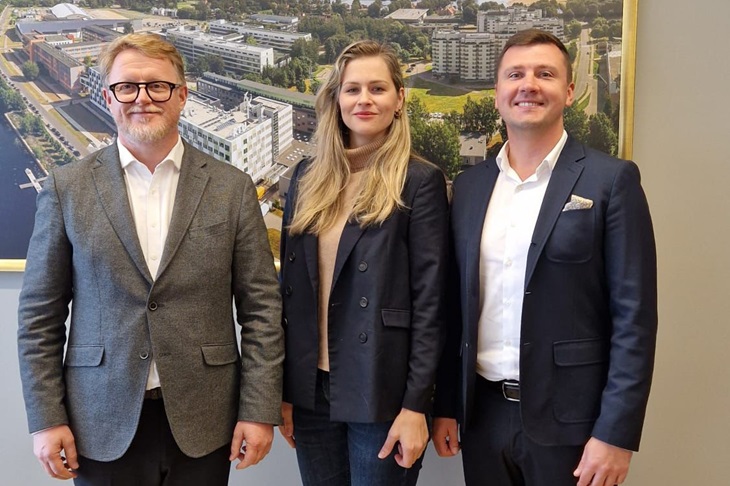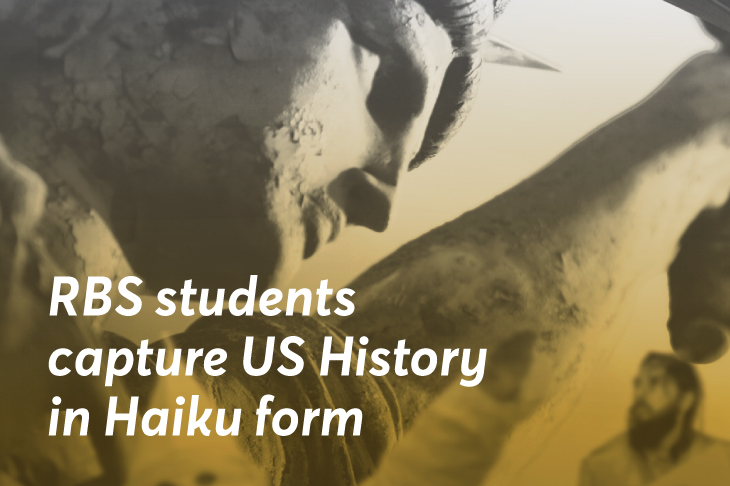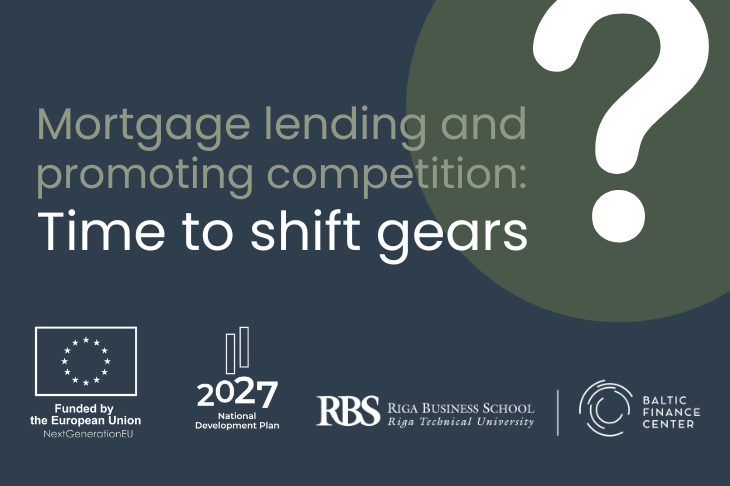Riga Business School, as a unit of Riga Technical University in cooperation with the National Centre for Education and the programming school “Learn IT,” invites technology educators to join professional development courses in the summer. The professional development program includes four different courses that will teach teachers the content of computing, coding, design and technology, as well as the methodology for teaching this content to the appropriate age group of students.
During the course, educators will actively participate in group work, project development, planning, analysis and evaluation of learning outcomes, receiving regular feedback. The courses will be taught by university lecturers, practicing computer science, programming, and Design & Technology teachers, as well as industry representatives. For more information on the content and timing of the courses, see the course descriptions: ej.uz/kursu_apraksti. Both online and face-to-face courses are organized in several groups, starting in July, and last between 36 and 72 academic hours. Participation is free by registering until July 12: ej.uz/RBSkursi.
Diāna Šavalgina, Director of the Education Content Department at the National Centre for Education: “We organize these courses to provide teachers with the knowledge and skills they need to teach education content related to modern technologies. When planning professional development for educators, it is important for us that the training is practical and applicable to everyday work with students, thus improving the quality of teaching. Collaboration with the university and industry allows educators to learn up-to-date teaching methodologies based on the latest research and best practice.”
Claudio Rivera, Riga Business School Director: “More than 300 technology educators have applied for the professional development courses that will start in the summer. In total, we plan to train around 400 educators during the autumn, equipping them with the skills and knowledge they need to effectively teach modern technology curricula.”
Educators can choose to acquire knowledge in the following areas of professional development:
Digital literacy development for computing teachers in the implementation of the programming curriculum in computing in grades 7– 9 :
The course is designed for educators who are planning to start teaching the Python programming language in Computer Science to students in grades 7-9. Participants will learn the basics of the Python programming language, creating simple programs with variables, standard functions, conditions, loops, and simple data structures, as well as a methodology for teaching this content at an age-appropriate level. At the end of the course, educators will plan, develop, and present a coding project, applying what they have learned in class. The program is based on the Harvard University Python open course materials.
The content and approach of the “Design and Technology” course at secondary school:
The course is designed for educators who are planning or already teaching the Design and Technology course at optimum and advanced levels. During the course, participants will develop their knowledge and skills in using adapted resources from the Oxford, Cambridge and RSA Design and Technology and Business courses. Through practical exercises, participants will learn in-depth about the basic principles of technology, prototyping, testing, and bringing a product or service to market. In parallel, participants will plan, develop, and present a design solution, applying the knowledge gained in class.
Digital literacy development for computing teachers in the implementation of the programming curriculum in computing in grades 4-6:
A training course for educators with no prior knowledge of the visual programming language Scratch. During the course, participants will learn how to use linear, cyclic, and branching algorithms to create various animations and games. In parallel, participants will design, test, and develop a coding project in which they will apply the knowledge they have gained in class.
Content and approach of a programming course in secondary school:
The course is intended for educators planning or already teaching programming courses at the optimal and advanced levels. During the course, participants will develop their knowledge and skills using the adapted resources of Harvard University’s open computer science courses, “Introduction to Computer Science” and “Introduction to Programming with Python,” as well as learn about the proposed editor and automatic code review system. Through hands-on exercises, participants will learn unit testing, Python libraries, API use, and database creation, as well as a methodology for teaching this content in an age-appropriate way. At the end of the course, participants will plan, develop, and present a coding project, applying the knowledge they have gained in class.
More information about the courses and how to apply: https://rbs.lv/professional-development-for-tech-educators/
The courses are organized in cooperation with the National Centre for Education, financed from the state budget, and free of charge for educators.


